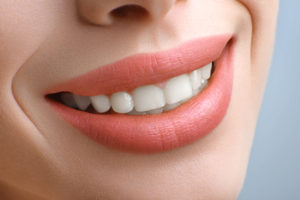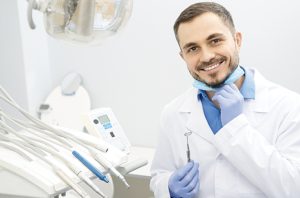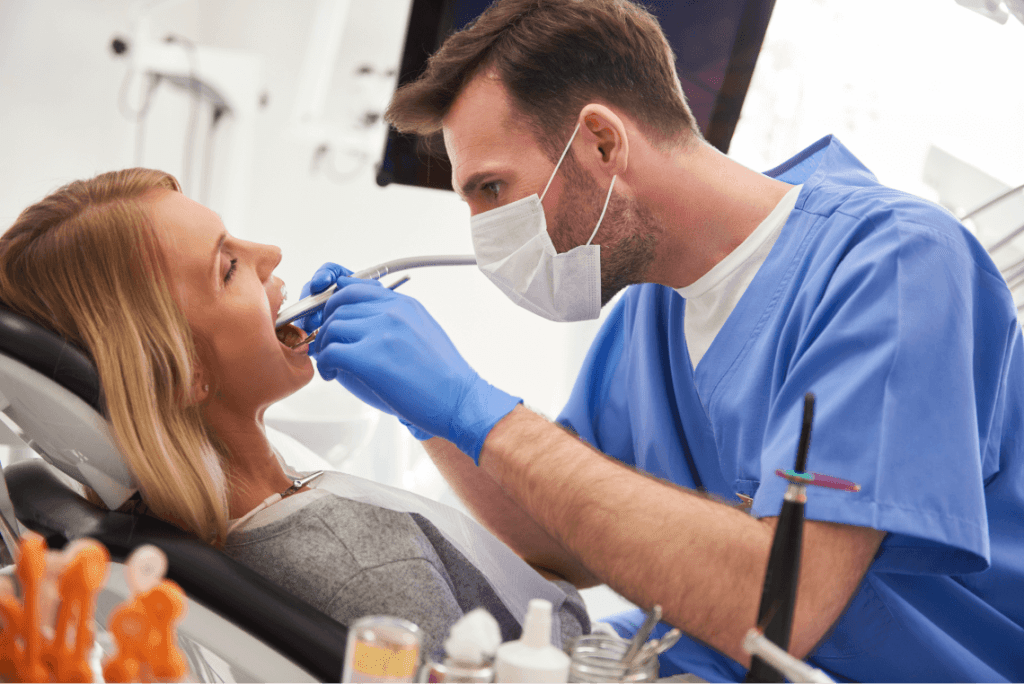Tooth pain is a common problem that can affect your day-to-day life. Tooth pain can build gradually over time, or you could suddenly wake up with tooth pain in the morning. Most causes of tooth pain will not resolve on their own, and will likely continue to get worse, so it is important to seek help from your dentist at the first signs of a problem.
Causes of tooth pain
Your teeth are complex. Your tooth anatomy is composed of several layers, including:
- enamel (the outer protective layer, made of minerals like calcium phosphate)
- dentin (found under the enamel as well as under the cementum)
- cementum (which is like a softer enamel coating acting as a stabilizer for your roots)
- roots (connecting the teeth to the jawbone)
- root and pulp canals (which your tooth can contain one or more of)
fHaving even cursory knowledge of your teeth structure gives you an idea of how much work it takes to keep your oral health optimal. When there has been a decline in the quality of your oral health, you’ll usually be alerted by painful teeth.
Perhaps you find there’s more sensitive, nervy pain when you consume particularly hot or cold foods and beverages. Or you might experience sharp pain when you bite down on harder foods. Pain is always a sign, especially if it’s a constant or prolonged sensation. It could indicate tooth decay, injury, or an infection.
While your dentist would know best about the exact cause of your pain, we can give you an overview of the symptoms of these causes, which can help you determine whether you have a condition that needs immediate attention.
For instance, enamel is known as the hardest substance in the human body and resistant to cavity-causing bacteria when it’s healthy. But enamel is also translucent and, because of its mineral composition, it’s susceptible to erosion from too much exposure to acidic foods and beverages (like junk foods and coffee). When your enamel breaks down, it’s easier for bacteria to accumulate on the dentin underneath, which can lead to cavities and tooth decay. And this can cause tooth pain.
Dentin is highly susceptible to bacteria and since it’s a substance making up most of the tooth’s structure, serious conditions can occur if it’s compromised. When anything deeper than the dentin layer is injured or affected by bacteria, you could lose a tooth if you don’t get to a dentist quickly to treat the issue.
The following are some of the most common causes of tooth pain:
1. Grinding your teeth while you sleep
Do you find yourself waking up with tooth pain in the morning? If so, you may be grinding your teeth throughout the night. Teeth grinding can be induced by stress, anxiety, or a sleep disorder, such as sleep apnea. You should consider treating these underlying conditions alongside visiting your dentist about your tooth pain. If left untreated, tooth grinding can wear down your teeth, causing further pain, decay, and sensitivity.
Your dentist can fashion a custom-fitted bite plate, or mouth guard, that fits over your teeth and protects them from further wear and tear while you sleep. Your dentist may also recommend visiting a sleep specialist to pinpoint the exact cause of your grinding. At the very least, if you know you’re prone to teeth grinding, it’s worth taking a good look at the sources of stress in your life and taking steps to manage them.
2. Plaque buildup can lead to tooth decay
Bacteria, food, and improper care can all cause tooth decay. Tooth decay is the damage that occurs when plaque builds up on your teeth. Plaque contains bacteria that create acid, which can destroy the enamel on your teeth over time. If left untreated, the tooth decay can affect many layers of teeth, creating cavities, or depending on the extent of damage, can result in the loss of the tooth.
Avoid eating foods that are high in sugar, foods with high acidity, and high amounts of carbohydrates. Brush and floss regularly and see your dentist for regular checkups to prevent tooth decay.
3. Tooth abscess results in sharp, persistent pain
An abscess of the tooth is a deep-rooted infection that causes severe tooth pain. The infection present in an abscessed tooth eats through the enamel and into the root of the tooth, and may spread to the bones that support the tooth. The pain may be sharp and throbbing. Other symptoms of an abscess beyond tooth pain include fever, swollen neck glands, foul smelling breath, and a bitter taste in your mouth.
To treat tooth abscess, your dentist will develop a strategy to eliminate the infection through draining with root canal therapy. This will allow your dentist to preserve the tooth and prevent further complications.
4. Lack of hygiene and checkups can lead to gingivitis and periodontitis
A precursor to gum disease is gingivitis. Gingivitis occurs when the bacteria in plaque builds up and infects the gum areas. The gums become inflamed and often bleed during flossing and brushing. If gingivitis is left untreated, the bacteria can advance under the gum line and manifest into a condition known as periodontitis.
Periodontitis is the form of gum disease where the most permanent damage can occur. The infected gums begin to pull away from the tooth, forming pockets in the bone. These pockets become breeding grounds for further infection, resulting in the connective tissue disintegrating. As periodontitis progresses, the teeth become loose and fall out.
5. Your teeth can crack from mistreatment
Enamel is the hardest substance in the human body, containing 96 percent minerals. Despite being harder than bone, the enamel on your teeth is prone to cracking from poor treatment, such as chewing on ice or pens, or grinding your teeth.
Cracked teeth present a variety of symptoms; unfortunately all of them involve pain. You may experience pain when you’re chewing or when your tooth is exposed to extreme temperatures in food. Extensive cracks may lead to more serious issues. The crack can become infected and spread to the gums and bone surrounding the tooth. It is strongly advised to seek help as soon as you experience symptoms of a cracked tooth before other problems arise.
Treatments for tooth pain
When your teeth are in pain from decay or infection, you must see a dentist. Conditions such as tooth decay and gingivitis can be corrected, but must be addressed before too much damage occurs. Leaving teeth heavily affected by bacteria and decay puts you at risk of losing your teeth and experiencing even more painful conditions. Treatments such as a root canal, filling, or deep cleaning can often save your teeth from needing to be extracted.
If you currently have painful teeth and are postponing your dental visit due to dental anxiety, ask your dentist to offer the revolutionary DentalVibe Comfort Injection System. DentalVibe uses gentle vibration to make injections pain-free — and it’s changing patients’ perceptions of dentistry.
Find a DentalVibe dentist
Looking for a pain-free dentist? Visit our directory to find a DentalVibe certified pain-free dentist near you and make dental anxiety a thing of the past!
















